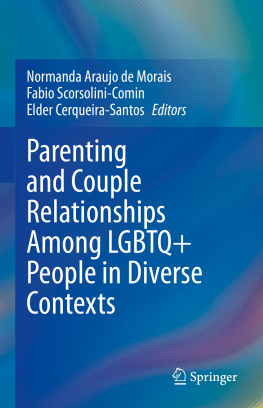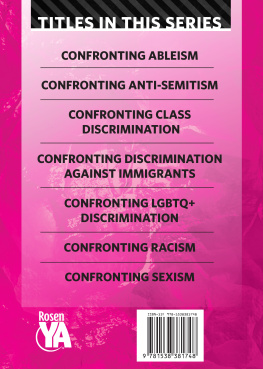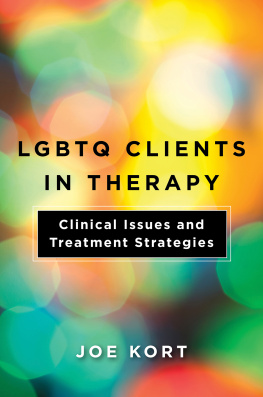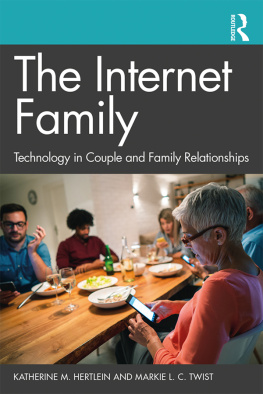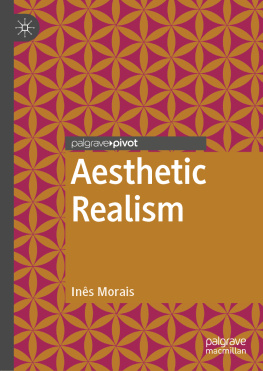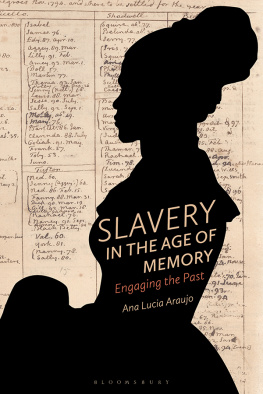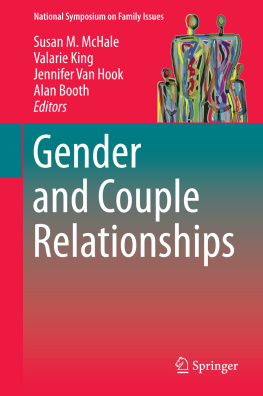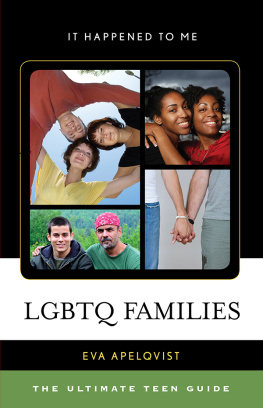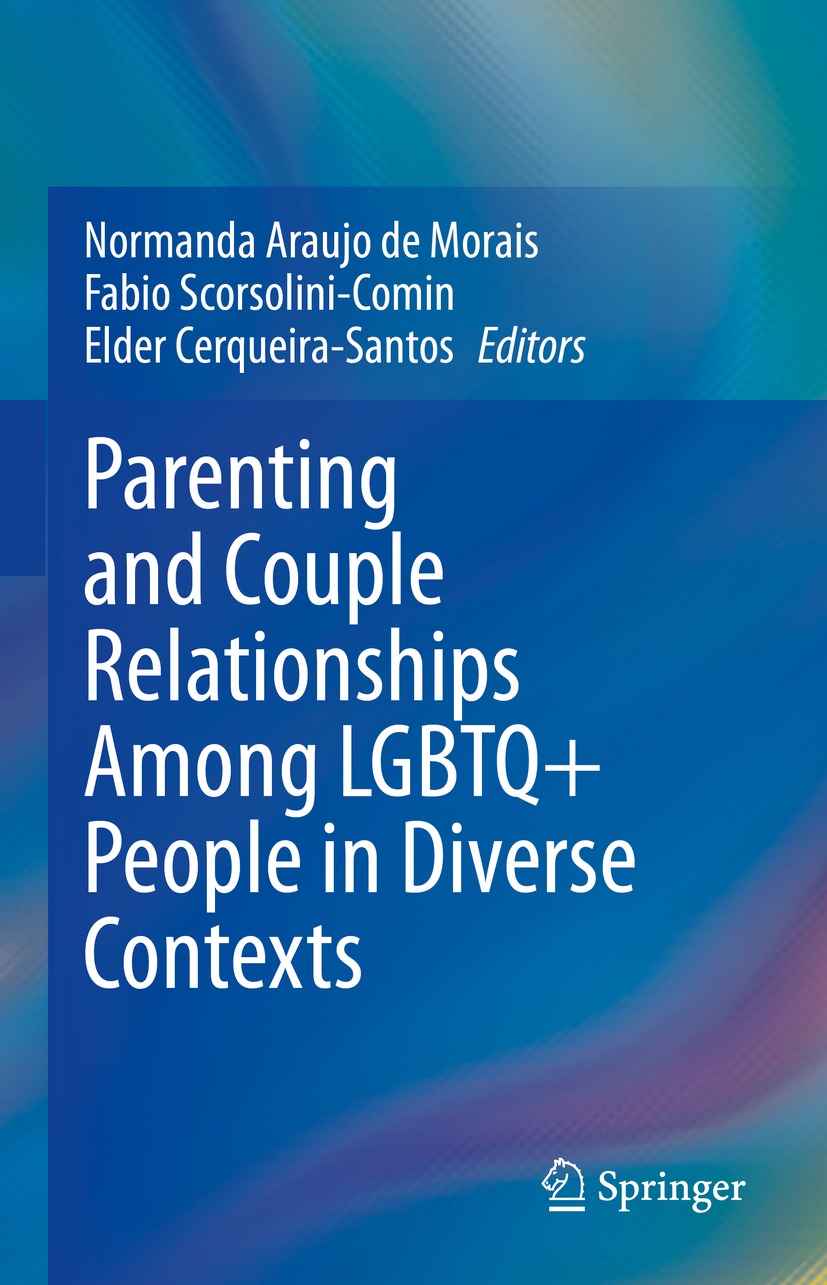Editors
Normanda Araujo de Morais
Universidade de Fortaleza, Fortaleza, Brazil
Fabio Scorsolini-Comin
Universidade de Sao Paulo, Ribeirao Preto, So Paulo, Brazil
Elder Cerqueira-Santos
Universidade Federal de Sergipe, Aracaju, Brazil
ISBN 978-3-030-84188-1 e-ISBN 978-3-030-84189-8
https://doi.org/10.1007/978-3-030-84189-8
The Editor(s) (if applicable) and The Author(s), under exclusive license to Springer Nature Switzerland AG 2021
This work is subject to copyright. All rights are solely and exclusively licensed by the Publisher, whether the whole or part of the material is concerned, specifically the rights of reprinting, reuse of illustrations, recitation, broadcasting, reproduction on microfilms or in any other physical way, and transmission or information storage and retrieval, electronic adaptation, computer software, or by similar or dissimilar methodology now known or hereafter developed.
The use of general descriptive names, registered names, trademarks, service marks, etc. in this publication does not imply, even in the absence of a specific statement, that such names are exempt from the relevant protective laws and regulations and therefore free for general use.
The publisher, the authors and the editors are safe to assume that the advice and information in this book are believed to be true and accurate at the date of publication. Neither the publisher nor the authors or the editors give a warranty, expressed or implied, with respect to the material contained herein or for any errors or omissions that may have been made. The publisher remains neutral with regard to jurisdictional claims in published maps and institutional affiliations.
This Springer imprint is published by the registered company Springer Nature Switzerland AG
The registered company address is: Gewerbestrasse 11, 6330 Cham, Switzerland
Preface
It is with great satisfaction that we present the book Parenting and Couple Relationships Among LGBTQ+ People in Diverse Contexts. The creation of this book came from the concern of its organizers to provide an updated theoretical discussion, ethically and politically engaged with regard to the theme of parenting and marital relationships built and performed by LGBTQ+ people. To this end, reference authors in different countries were invited to write for this collection, approaching the theme from a diversity of contexts and in response to different demarcators. However, it is important to highlight the predominance of chapters contributed by Brazilian authors, revealing how much this theme has mobilized researchers in this scenario.
Such concern is justified by the need to give visibility to different aspects of the experiences of LGBTQ+ individuals and families, practically absent until now in general psychology and developmental psychology manuals, and even in books on family psychology. But, equally, this movement has to do with the concern and engagement of these researchers with the fight to guarantee the rights of the LGBTQ+ population. Specifically, when working with populations in situations of greater vulnerability and whose rights have been violated, the inseparability between theoretical/methodological and ethical/political relevance becomes even more essential. This reality is made visible throughout all the chapters that make up the book.
To start this discussion, Scorsolini-Comin, Morais, and Cerqueira-Santos present an overview of the scientific production about the main operators that organize this work: conjugality and parenthood. The authors stress how the scientific production in this field has been structured in dialogue with different scenarios, constantly in motion, from a global perspective committed to the fight for rights and attentive to intersectionalities.
Uziel discusses how gender shapes and permeates marital relationships, mobilizing perspectives on families composed of gay, lesbian, transsexual, and intersex people. In this sense, the author emphasizes the need to think about the concept of family in the plural (families), in order to contemplate the diversity that composes it (socially, culturally, and legally).
Costa and Salinas-Quiroz, based on a study carried out in 14 Hispanic countries on the American continent, present in their chapter an analysis of how much legal achievements and progressive legislation in relation to the rights of LGBTQ+ people are associated with more positive attitudes (and acceptance) of the general population regarding LGBTQ+ people and their rights.
The theme of coming out, in turn, emerges in the chapter written by Nascimento and Scorsolini-Comin. The authors sought to understand the role of the family of origin in the coming out process of young adults, as well as the consequences for its various members. They found that each family, in its own way and at its own pace, builds an intelligibility about the coming out, which can promote a progressive process of acceptance and represent an important source of social support for these individuals.
The aging of lesbian women is the theme of the chapter written by Fernandes-Eloi and Rabelo. The authors present lesbian families and their historical construction, highlighting the expansion of social and legal achievements. Furthermore, they discuss the coming out and the role of internalized homophobia in this process. They conclude that, increasingly, lesbian women build families and grow old, highlighting three central axes that occupy the greatest concerns in the family context: conjugality, parenting, and care.
Cerqueira-Santos, Catelan, and Silva discuss the conjugality of emerging adults belonging to the LGBTQ+ population. They describe risk and protective factors in these couples' relationships, reflecting on the influence of minority stress and clinical challenges in working with these families. With new legislative configurations around the world, these young people are discovering the marital experience as a framework for the socialization of sexuality.
The Santos and Santos chapter discusses the historical-social aspects of the marital dynamics of Brazilian gay men. If, from a political point of view, couple relationships between gay men have been allowed by the Brazilian State since 2011, in social terms, the obstacles to this affective engagement from those who do not meet traditional normative expectations seem to remain. In this scenario, the authors emphasize that the social support networks of gay men continue to be essential to ensure emotional health, while also affecting current forms of conjugality.
The vulnerabilities experienced by trans couples (marital relationships in which at least one spouse declares themself as a trans person) during the COVID-19 pandemic is the theme of the chapter written by Lira, Noronha, and Mesquita. The main vulnerabilities experienced by couples in the pandemic are related to: (1) transphobia, family rejection, and the weakening of the couple's social support network; (2) disparities in mental health and conflicts in the division of household chores; (3) the economic limitations, unemployment, and challenges that the couple face in the process of gender transition; (4) obstacles to accessing health services and gender dysphoria; and (5) intersectional transphobia.

